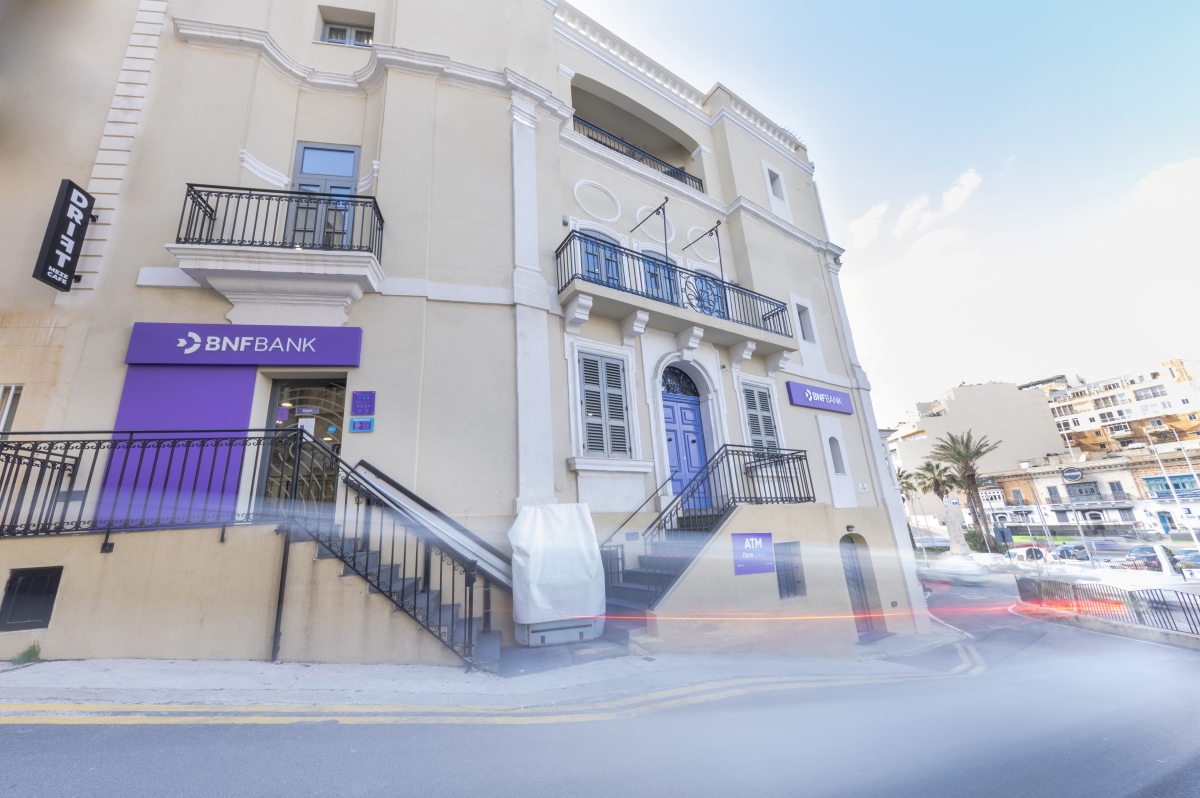The upcoming changes under Malta’s Labour Migration Policy are set to bring a significant shift in how third-country nationals (TCNs) live and work in Malta, with legal experts noting the dual intention of encouraging retention and improving fairness across the board.

One of the standout changes is the adjustment to application and renewal fees. From 1st August 2025, the cost for first-time applicants will rise from €300 to €600, while the renewal fee will drop to €150. Commenting on this reform, Dr Adrian Sciberras, founder of Sciberras Advocates, tells BusinessNow.mt that the fee changes are likely to influence behaviour.
“Yes, we do believe that the increase in the application fee from €300 to €600 is likely to discourage some new applications, at least in the short term,” he says. “At the same time, the reduction of the renewal fee to €150 provides a tangible incentive for third-country nationals who are already in Malta to remain and renew their status.”
Dr Sciberras explained that this move may benefit workers who are already well-integrated in the country and seeking to advance their careers. “Overall, this adjustment supports retention over fresh inflow, and we expect it to have a real impact on decision-making,” he adds.
Another major change welcomed by immigration specialists is the extension of the grace period for terminated TCN workers. Currently limited to just 10 days, the period will now be extended to 30 days, with the possibility of a further 30-day extension if the individual can demonstrate financial self-sufficiency.
“Based on our experience as an immigration law firm, we have worked with many clients who have been extremely concerned about the current 10-day limit. Realistically, it is often very difficult, if not impossible, for a person to secure new employment and prepare a complete application within such a short time frame,” Dr Sciberras explains. “The extension to 30 days, and potentially 60 days, is therefore a very welcome development. It offers more time, stability, and fairness in the process.”
This added flexibility is expected to improve the recruitment experience for both workers and employers.
“This change is quite significant,” he adds. “It gives both TCN jobseekers and Maltese employers a more reasonable timeframe to go through a proper recruitment process, reviewing CVs, conducting interviews, negotiating employment terms, and submitting a new single permit application, without undue pressure.”
The reform may also encourage more mobility among TCN workers, particularly those in unsatisfactory employment situations. However, this increased flexibility comes with its own limits.
“The extended grace period could certainly give TCNs the confidence to consider changing jobs if they are in unsatisfactory situations,” Dr Sciberras says. “However, it’s worth noting that the new fee of €600 also applies to a change of employer. This cost could discourage frequent movement between jobs, especially for lower-income workers. While the reform promotes flexibility, financial considerations may still limit mobility in practice.”
Businesses too will face new obligations under the reformed policy, including a three-week vacancy advertising requirement before hiring new TCNs. While some employers may see this as an obstacle to fast hiring, Dr Sciberras believes it will improve the quality of recruitment.
“While it may appear to delay the hiring process, we believe that a three-week advertising period is reasonable and justified,” he said. “Hiring the right employee, whether Maltese, EU national, or TCN, is a critical business decision.”
This requirement, he notes, aligns with practices already common in sectors like tourism and hospitality, where workforce needs are planned well in advance. It also echoes similar labour market test obligations found in other EU member states.
“Yes, many EU Member States have historically imposed labour market test requirements mandating that job vacancies be advertised for a specified period before employers can hire third‑country nationals,” he confirms.
Beyond these headline reforms, Dr Sciberras highlights a few other key developments that could reshape the landscape for both employers and employees. These include revised salary thresholds for the Key Employee Initiative (KEI) and Specialist Employee Initiative (SEI), now set at €45,000 and €30,000 respectively, as well as stronger verification procedures for permit renewals.
“These reforms reflect a strong commitment by the government and Identità to protect both employers and employees and to manage the local labour market in a more sustainable, transparent manner,” he saiy.
The Labour Migration Policy, launched for public consultation in January 2025 and beginning implementation in August and October, is intended to balance Malta’s economic needs with social responsibility. As Dr Sciberras summarised, the reforms are not just administrative tweaks, but they represent a more strategic, long-term view of workforce management in Malta.
Featured Image:
Adrian Sciberras / sciberras.legal/team
Gozo Business Chamber proposes 40–60% cashback digitalisation incentive scheme for SMEs
The Chamber is also proposing a €3,000 annual wellbeing support scheme for micro enterprises
BNF Bank reports resilient first-half 2025 results
Despite challenges from its core banking system overhaul, BNF Bank closed H1 2025 with growth
Government finances slip into €518m deficit as expenditure outpaces revenue growth
Total government expenditure for the same period rose to €4.62 billion, an increase of €592 million year-on-year






